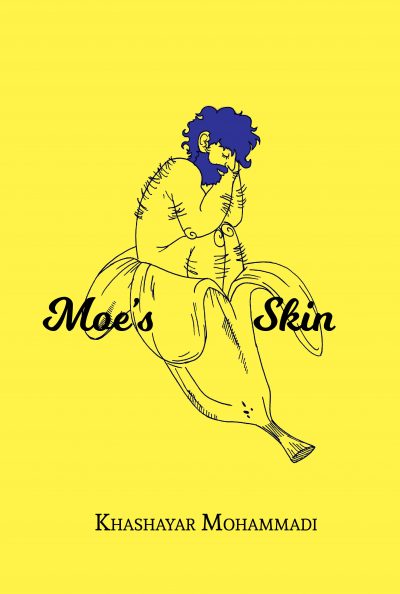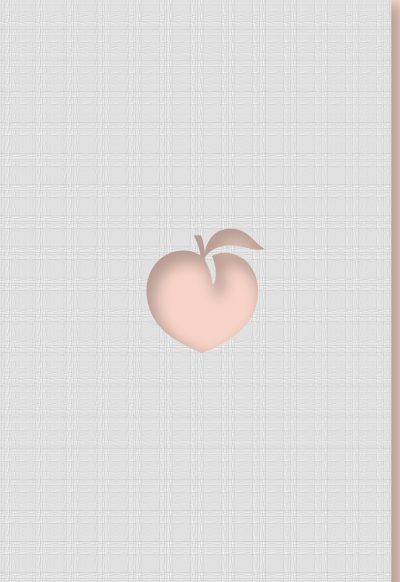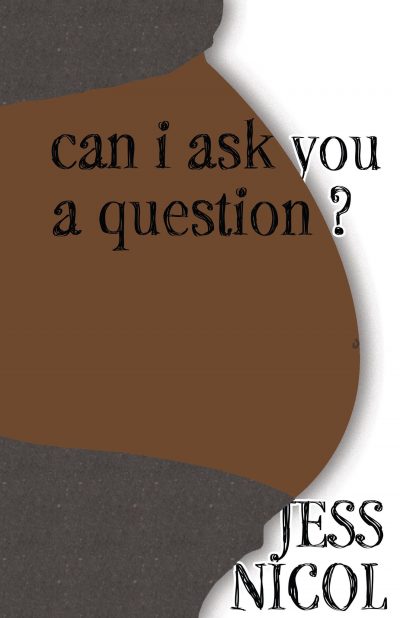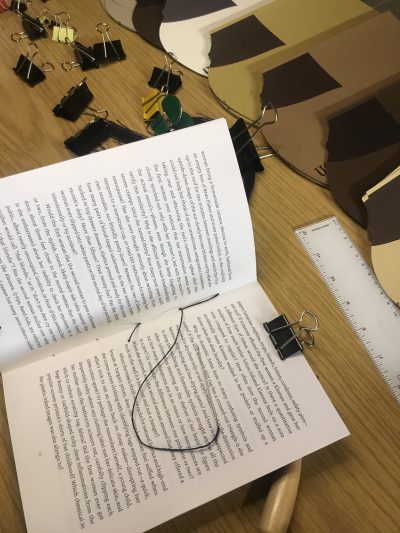
The Collective
Amilcar John Nogueira is a writer and settler from Windsor, Ontario. They received their M.A. in English and Creative Writing from the University of Windsor. Their work won the Inaugural words(on)pages Blodwyn Poetry Prize and the Canadian Authors Association Ten Stories High Short Story contest and has been published in The /temz/ Review, antilang., and Generation Magazine. They’ve also read at the Emerging Writers Reading Series in 2019 and throw events in Windsor.
Christina Angeli is a writer, editor, and designer from Tecumseh, Ontario. She has a MA in Creative Writing from the University of Windsor, where she was an editorial and design assistant for The Windsor Review. She currently works in marketing and production at Biblioasis. She is one of the co-founders of ZED Press, a chapbook press, based out of Windsor. You can find her on Instagram @thatsagoodlookonyou.
Samie Bauder is a writer, editor, and designer from Waterford, Ontario. She is the former managing editor of Generation Magazine and a former editor for EUSA. She has a MA in Creative Writing from the University of Windsor. She is one of the founding members of ZED Press.
Jay Rankin is a writer, editor, and designer currently living in Ottawa, Ontario. He is the Digital Coordinator for the Canadian Global Affairs Institute. He holds a Master of Arts in English: Creative Writing and Language and Literature from the University of Windsor, as well as a Bachelor of the Arts in Digital Journalism and English Literature and Creative Writing from the same institution. He is a member of a chapbook publishing company, ZED Press. He has previously worked as a journalist for the Windsor Star and a multimedia editor for the Directorate of Army Public Affairs. He also runs Scruffy Panda: Media and Design, a freelance videography, photography, and design business.
Tell us a bit about your press. How did you start? Who are your influences, in Canada and beyond? What is your mission?
We started in 2016 while we were in grad school together. There were 6 of us originally but now there are four of us running the press. Initially, We were inspired by words(on)pages as a portion of the original 6 members of the press attended a workshop run by the now defunct press on chapbook production and small press publishing in Canada. We seek to publish interesting work emerging writers especially those from underrepresented groups like BIPOC writers, LGBTQ1A2S writers, women writers, and writers with disabilities. While we don’t shy away from work from established authors, we do try to focus on writers who haven’t had a lot of work published. Established authors usually already have an advantage in most situations. By focusing on writers who are emerging, we’re likely to hear from underrepresented voices that we’re excited by. We also hope to expand what we publish outside the realm of chapbooks.
What about small press publishing is particularly exciting to you right now?
Small press spaces also allow us to take risks with the manuscripts we chose to publish; we are able to publish work that is experimental in form and content. Chapbooks in particular have the unique opportunity to play more with form and content than do traditional books. Since we make everything by hand for our chapbooks, it allows us to be more creative as a press and experiment with production methods to match the experimental nature of the work we chose. In a more immediate sense, small press publishing gives a platform to people whose voices don’t often get heard. Small press publishing can be the site of literary innovation and political/cultural change, and we’re happy to be a part of those possibilities.
How does your press work to engage with your immediate literary community, and community at large?
We have a deep connection to literary fairs and a lax approach to community geography, since the inception for the presses founding was at a Toronto based literary workshop and our team is spread out across Ontario. We frequent different small/local press fairs such as the Ottawa Small Press Fair and Meet the Presses. We also host the Windsor Small Press Book Fair which we started.
How have the current multiple global crises impacted your work with the press?
As a result of the pandemic, we took a hit in terms of our production schedule, with our newest release being delayed until October as opposed to an April launch. We do as much of the production as possible by hand, but we were unable to meet as a group to work together due to gathering restrictions. We ended up dividing the production process into steps that a single member of the team was responsible for completing. Once their task was completed they would pass the materials on to the next person until the chapbook is completed.
When we established ZED, we hoped to highlight underrepresented voices in the writing we were reading. As a collective, we decided we wanted to be able to represent the people we liked to read who we often didn’t get to see published. The George Floyd protests are a reminder that we must provide more opportunities to writers of colour within our community and publications. A press cannot be experimental or radical without engaging in the writings of people of colour. A press cannot be radical without engaging in the writings of Indigenous writers. A press cannot be radical without engaging in writings of queer writers. We hope to be more radical in our publications and projects going forward.

Moe’s Skin
Khashayar Mohammadi
April 2018
Iranian imagery and unapologetic grit weave together with a doomed queer love affair to create a melancholic fever dream that is both beautiful and heartbreaking. The sense of inevitable dread that haunts even the most joyous of these poems underscores the lasting damage that homophobic societies leave on their queer youth well after they’ve left home.

the peach poems
Terrence Abrahams
April 2019
When wanting to talk about “the peach poems” it’s as if there’s too much to say and yet words can’t fully explain why it resonates so clearly. Queer love is at the forefront of it, but so is the summertime and the ache. The chapbook is, like a collection of poems within it, an exercise. It brings forward both the actions we want from love and the hope in repetition, that we can move through something so completely real.

Can I Ask You a Question?
Jess Nichol
October 2020
How do you talk about a chapbook written only in questions? Do you examine how the writing splits genre or focus on the text's constant stream of consciousness narrative? Is the attribute of being special at its core a part of the function of such a chapbook? Do you lean into the chapbook's examination of women’s reproductive needs in a system that still demonizes women’s sexuality? Or do you talk about how you chose only this chapbook for a series on its own because you felt it set a level of quality to compare the rest of your chapbooks for the year?
